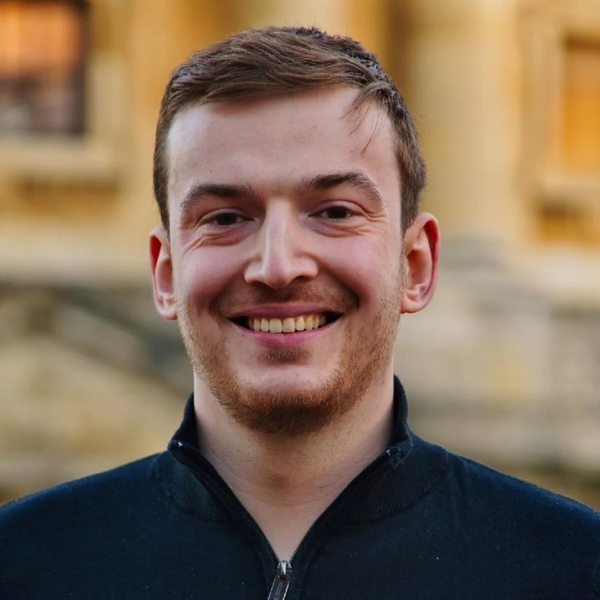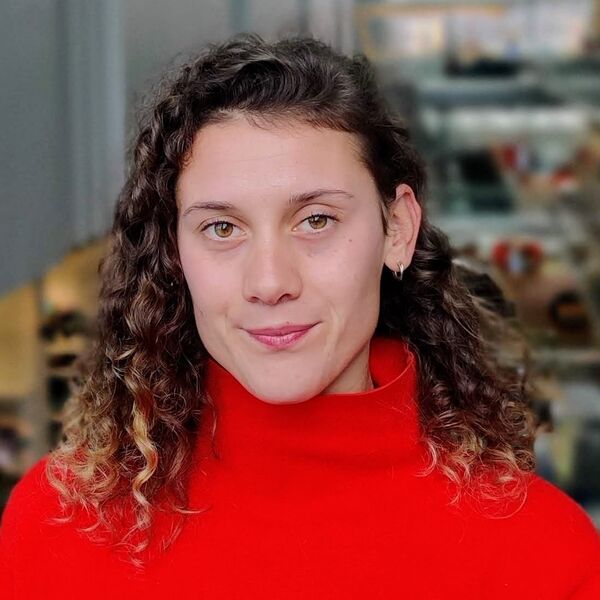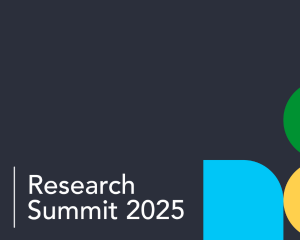
Research Seminar: Anthony McGuigan & Chloe Terwagne
Research Seminar: Anthony McGuigan & Chloe Terwagne
This month the research seminar will feature talks from members of the Bioinformatics and Machine Learning Community.
This month's talks from the Bioinformatics and Machine Learning Community are:
Gene knockouts across 120,404 individuals for novel rare disease gene discovery
Biallelic deletions are a frequent cause of rare disease in known disease genes and implicate novel disease genes in the NGRL
PDC and GCG are two novel genes discovered using this approach
Biallelic deletions have a distinct read-depth signal which can be enriched to find disease relevant deletions
- Anthony McGuigan, PhD candidate - Genomic Medicine and Statistics, University of Oxford
A scalable framework to link rare human variants to disease phenotypes using pooled prime editing
Learn about a combined computational and experimental framework to systematically identify rare genetic variants that contribute to human disease
Uncover how computational prioritisation, pooled prime editing screens, and carrier phenotype can be integrated to pinpoint disease-causing variants observed in whole-genome sequencing data
Hear insights into how scalable experimental and computational approaches can accelerate variant interpretation and improve our understanding of human disease mechanisms
- Chloé Terwagne, Computational Biology PhD Student, The Francis Crick Institute
About the speakers:
Anthony McGuigan, PhD candidate - Genomic Medicine and Statistics, University of Oxford
Anthony is a DPhil candidate in Genomic Medicine and Statistics at the University of Oxford supervised by Nicky Whiffin and Jenny Taylor. His research focuses on using DNA structural variants, specifically biallelic deletions, to facilitate novel gene discovery and new diagnoses.
Chloé Terwagne, Computational Biology PhD Student, The Francis Crick Institute
Chloé is a PhD student at the Francis Crick Institute in Greg Findlay's lab. She combines computational tools and high-throughput genome editing methods to better understand how human variation leads to phenotypes. Before starting her PhD, she worked at the New York Genome Centre, developing computational approaches for analysing rare non-coding variants, and in the ULB Machine Learning Group, where she contributed to machine learning models for predicting oligogenic disease gene interactions.
About the research seminars:
The Genomics England Research Seminar series is a season of events held to demonstrate the best research from Genomics England and our partners. They started in October 2018, and are monthly, free-to-attend talks presented by Research Network members on the latest research being performed using data from the National Genomic Research Library.
The seminars will be held on the last Tuesday of each month at 2 to 3pm. These will be online sessions open to everyone and free to attend, we hope to have representation from across the Research Network and 100,000 Genomes Project participants as well as anyone else who would be interested in joining.
For updates on the seminars including announcements and speakers please follow the Genomics England twitter page. You can watch all previous Research Seminars on the Genomics England YouTube channel.
If you would like to present your research from the Genomics England Research Environment at one of these events please get in touch with the Research Management team at [email protected] and if you intend to publish on this research please include this so that we can publicise your paper on our Publications page.
About the speakers:
Speakers

Anthony McGuigan
PhD candidate - Genomic Medicine and Statistics
University of Oxford

Chloé Terwagne
Computational Biology PhD Student
The Francis Crick Institute


